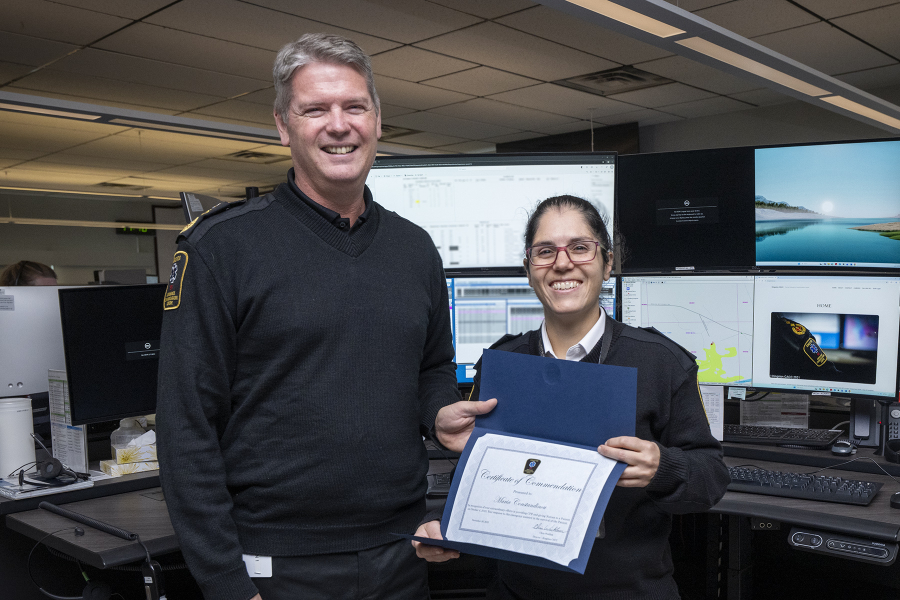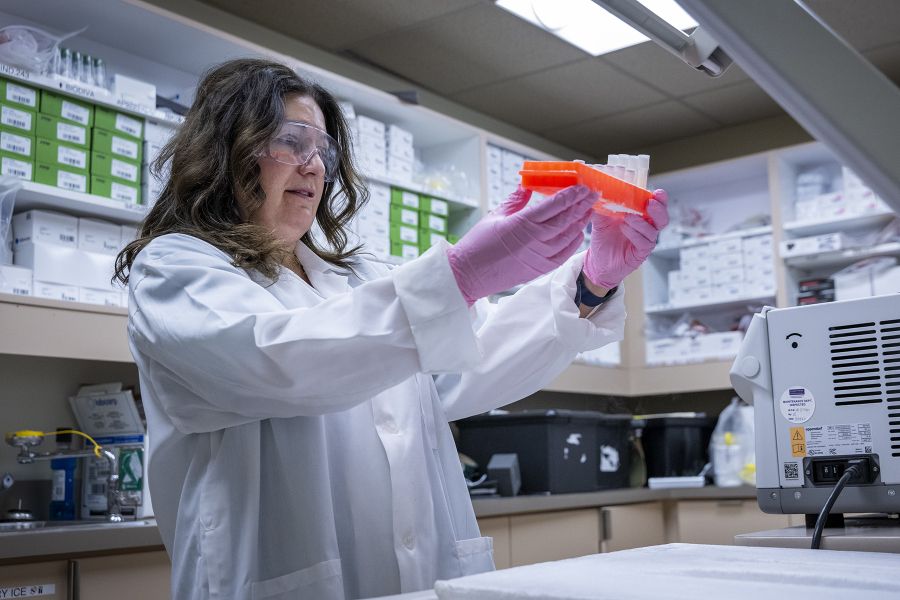Effective immediately masking is required for everyone when present on all inpatient units, in the Emergency Department (ED), the Urgent Care Centre (UCC), and the Children’s Outpatient Centre (COPC).

Researchers at Kingston General Hospital and Queen's University have identified a new mechanism that could potentially explain why the body's immune system sometimes fails to eliminate cancer. The new findings shed light on the possible cause of immune resistance in cancer cells, and indicate that nitroglycerin, a relatively safe and low-cost drug used for more than a century to treat angina, may be effective for managing certain cancers.
“These findings could lead to new approaches to treating certain forms of cancer by helping the body's own immune system to recognize and kill malignant cells,” said Robert Siemens, a urologist at Kingston General Hospital and a professor in the Department of Urology at Queen's University who lead the research team with Charles Graham, a professor in the Department of Biomedical and Molecular Sciences at Queen's.
The researchers looked at the role that hypoxia, or low oxygen content in tissues, plays in the ability of some cancer cells to escape detection, and subsequent destruction, by the body's immune system.
They discovered that hypoxia in a cancer cell is linked to the overproduction of a key enzyme, ADAM10, which makes the cell resistant to attack by immune cells. However, when cells were treated with a nitric oxide mimicking agent such as nitroglycerin, hypoxic conditions were overcome and the cancer cells lost their resistance to an immune system attack. The results indicate that nitroglycerin could potentially be used to boost the body's natural immune response to cancer.
“One of the interesting things about the findings is that nitroglycerin has been used for over a century to treat coronary disease. So we are re-envisioning an old drug as a potentially innovative new cancer therapy,” said Siemens.
The research leading to these findings is funded by the Canadian Institutes of Health Research (CHIR) in partnership with the Terry Fox Foundation Training Program in Transdisciplinary Cancer Research.
The discovery builds on the KGH-Queen's team's 2009 findings related to the role of nitric oxide in suppressing tumour growth in prostate cancer. The researchers conducted the first-ever clinical trial using low doses of nitroglycerin to treat prostate cancer at KGH.
The study results have been published online and in an upcoming issue of the American Association of Cancer Research peer-reviewed journal Cancer Research.





